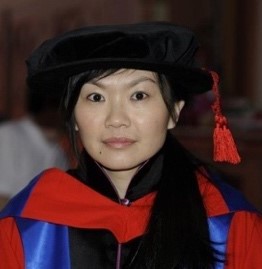Invited Speaker

Prof. Kuo-Wei Lan
Department of Film and TV, I-Shou UniversitySpeech Title: Environmental Impact of Nuclear Plant: Exemplified in the Anti-Nuclear Movement in Taiwan
Abstract: This paper explores the dynamics between nuclear plants, political parties, and anti-nuclear movements in Taiwan. By analyzing the development of anti-nuclear movements in Taiwan, this research highlights the complex role of political parties in the anti-nuclear movements. The environmental impact of nuclear power plants is a multifaceted issue that involves considerations ranging from emissions to waste management and potential accidents. Consequently, politics plays a significant role in shaping the environmental impact of nuclear power. The politicization of anti-nuclear energy in Taiwan is a complex and multifaceted issue. Taiwan has experienced significant debate and division over the role of nuclear energy in its overall energy strategy. One major factor contributing to the resurgence of anti-nuclear power in Taiwan is the Fukushima Daiichi nuclear disaster in 2011. This event heightened public concerns about the safety of nuclear power, leading to increased opposition to nuclear energy and calls for its phase-out. Furthermore, Taiwan's unique political landscape, with its own domestic and international pressures, has also contributed to the politicization of this issue. In recent years, the Taiwanese government has navigated this complex landscape by outlining plans to gradually reduce its reliance on nuclear power while increasing investments in renewable energy sources. However, the issue remains politically charged and continues to be a subject of ongoing debate and activism. Overall, the politicization of anti-nuclear energy in Taiwan reflects larger societal concerns about environmental safety, energy independence, and the balance between economic development and sustainable practices.
